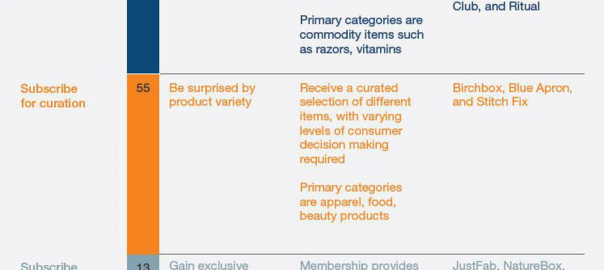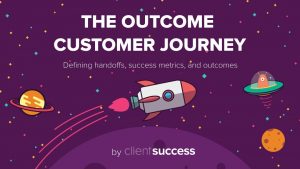With an estimated 2.14 billion global digital buyers, it is hardly surprising that both new and established businesses are capitalizing on our love of online shopping. However, before you dive headfirst into the world of ecommerce, it’s crucial to know how to choose the most profitable ecommerce business model for you.
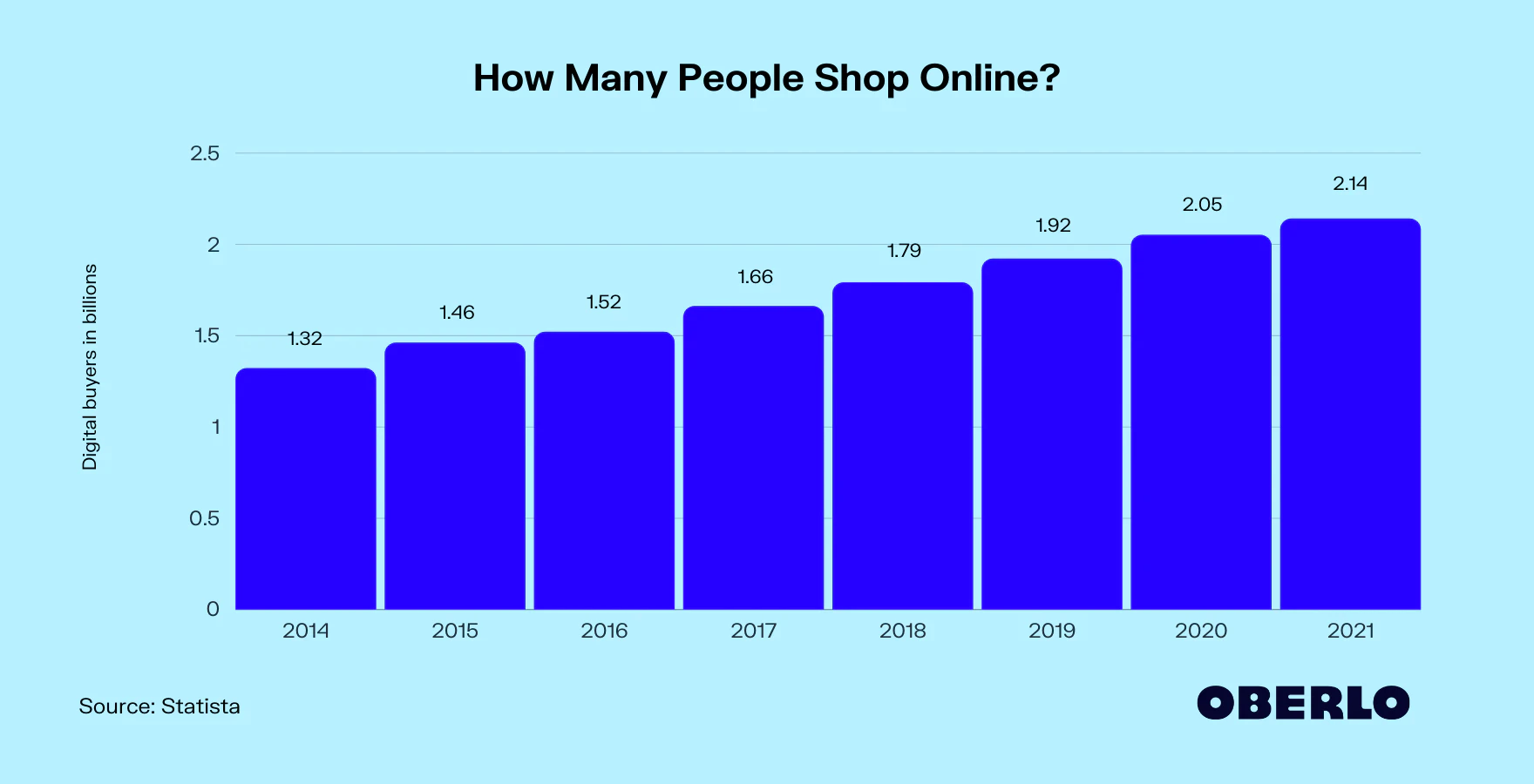
The best business model for you will depend on various different things: your product, your budget, your inventory management forecasting skills, your digital marketing experience – the list goes on and on.
While it is tempting to jump on the latest trend or go with what feels like the safest option, solidifying your ecommerce business model early on will prevent later confusion and help you on the road to steady, long-term success.
It will also decrease your chances of being in the dreaded 20% of businesses that fail during their first year.
So, whether you are still searching for a profitable product idea or you’ve sourced your products and are raring to go, now is definitely the time to identify which business model best suits your individual needs.
Core Ecommerce Business Classifications
First, let’s take a look at the major ecommerce business classifications. This will help you identify the most profitable ecommerce business model for your chosen products and/or services.
B2C – Business to Consumer
B2C is the most common business classification. Anything you buy as a consumer online – from groceries, to perfume, to a new laptop – falls under the vast umbrella of B2C ecommerce.
B2C ecommerce is popular due to the large buying pool, low start-up costs and relatively easy setup. However, it is also the most saturated market and runs the risk of low profit margins.
B2B – Business to Business
A B2B ecommerce is a business that sells to other businesses. This can be in the form of services, such as software platforms, or physical products like office supplies or groceries.
B2B ecommerce boasts bigger order values, high profit margins and professional brand credibility. However, it also requires significant upfront investment and is hindered by a limited buying pool.
C2B – Consumer to Business
While we don’t often think of consumer-to-business ecommerce, it is actually a rather prevalent classification. Upwork, a site where freelancers offer their services to businesses, is a perfect example of C2B ecommerce. Affiliate marketing and selling stock photographs are also notable examples.
C2C – Consumer to Consumer
The most common kind of C2C ecommerce is done through online marketplaces like eBay and Craigslist, where consumers can trade, auction, buy and sell from other consumers.
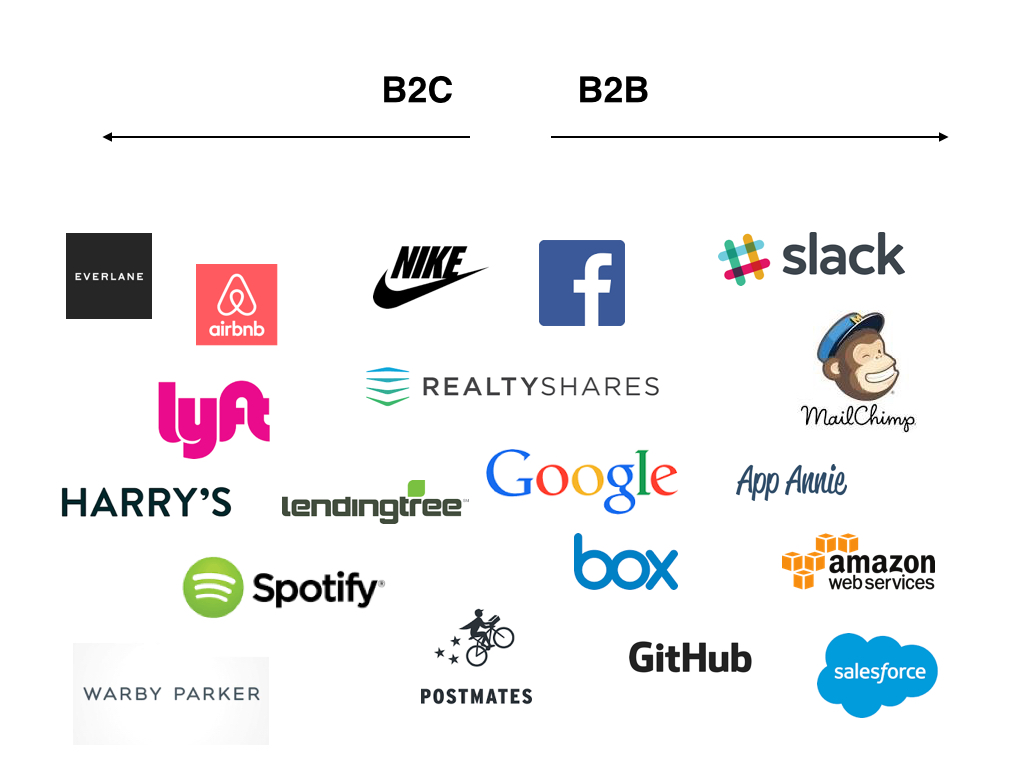
Profitable Ecommerce Business Models
Picking the right business model serves as a foundation for other important aspects of your business plan. This includes identifying your target audience, establishing a budget plan, constructing your ecommerce pricing strategy and planning your marketing methods.
Dropshipping
Dropshipping allows businesses to market and sell products on an order-by-order basis, negating the need for buying products in bulk. The stock is stored, packed and shipped by the supplier themselves, meaning that dropshipping businesses save a considerable amount of money on warehouse and shipping costs.
In fact, you can start a dropshipping business with little to no capital at all.
The wide variety of beginner-friendly ecommerce platforms for small businesses makes dropshipping one of the most viable options for start-ups and those with minimal ecommerce experience. However, the competitiveness of the market, lack of brand control, and low profit margins can have a detrimental effect on revenue.
Dropshipping may be the most profitable ecommerce business model for you if:
- You are a start-up or small-scale business with limited capital.
- You already have a sizable social media following.
- You have intuitive online marketplace knowledge and keep up-to-date with trends (such as how to improve eBay sales, or the latest hot products).
- You are testing out multiple products on a trial basis.
Wholesaling
The wholesaling process involves buying large quantities of product directly from the manufacturer and selling these products to retailers and businesses at a discounted price. It is a traditional model that has recently undergone a digital transformation, revolutionizing ecommerce and emerging as the UK’s most profitable ecommerce sales generator.
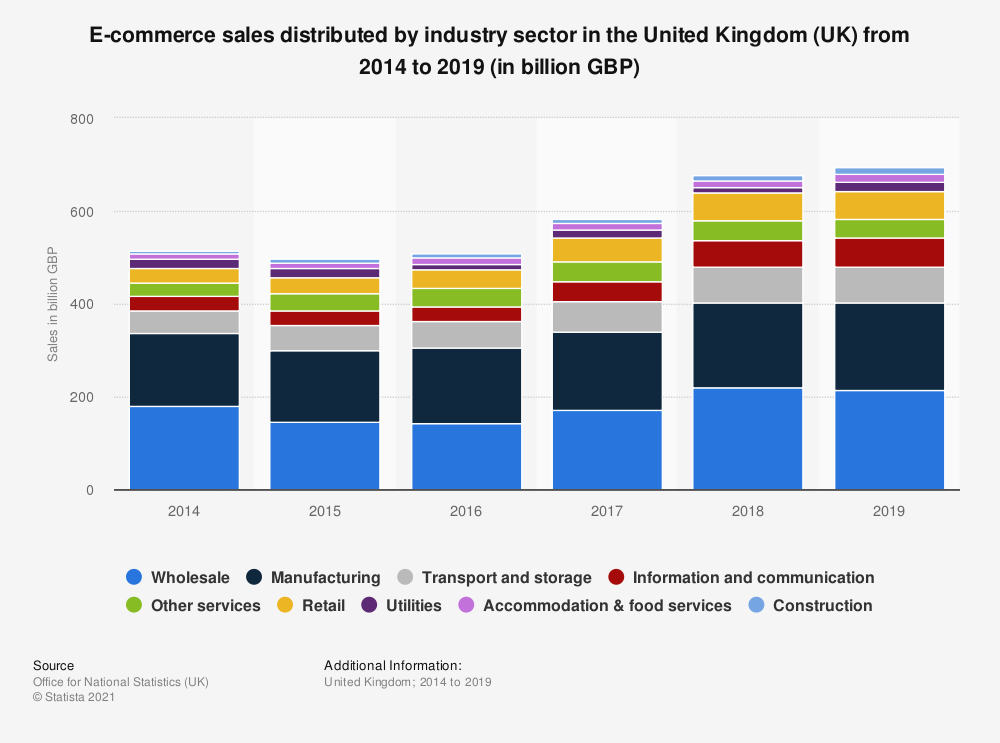
Wholesaling can be done on an online marketplace, such as eBay or Amazon Business, or through an ecommerce platform. Ecommerce platforms are becoming increasingly popular –
Buying in bulk at a negotiated price can result in high profit margins and increased revenue. However, the very real possibility of wasted stock makes it a high-risk, high-reward ecommerce business model.
Wholesaling may be the most profitable ecommerce business model for you if:
- You are willing to make a large investment upfront.
- You are a B2B ecommerce.
- You have a firm grasp of inventory forecasting best practices.
Private Label
Selling private label products is a perfect ecommerce model for businesses who are looking to develop a brand.
In a nutshell, private labeling involves purchasing a generic product from a manufacturer, customising it to fit your brand’s aesthetic, and then selling it under your own private label. It is a stable market that is expected to quadruple by 2025, boasting high profit margins and customer loyalty rates.
There are two main ways that businesses implement the private label model.
Private label via Amazon FBA
Amazon fulfillment (Amazon FBA) is a service provided by Amazon that not only allows you to store products, but also packs and ships them on your behalf. It removes the stress of operating your own warehouse and gives you access to the millions of customers who use Amazon every single day.
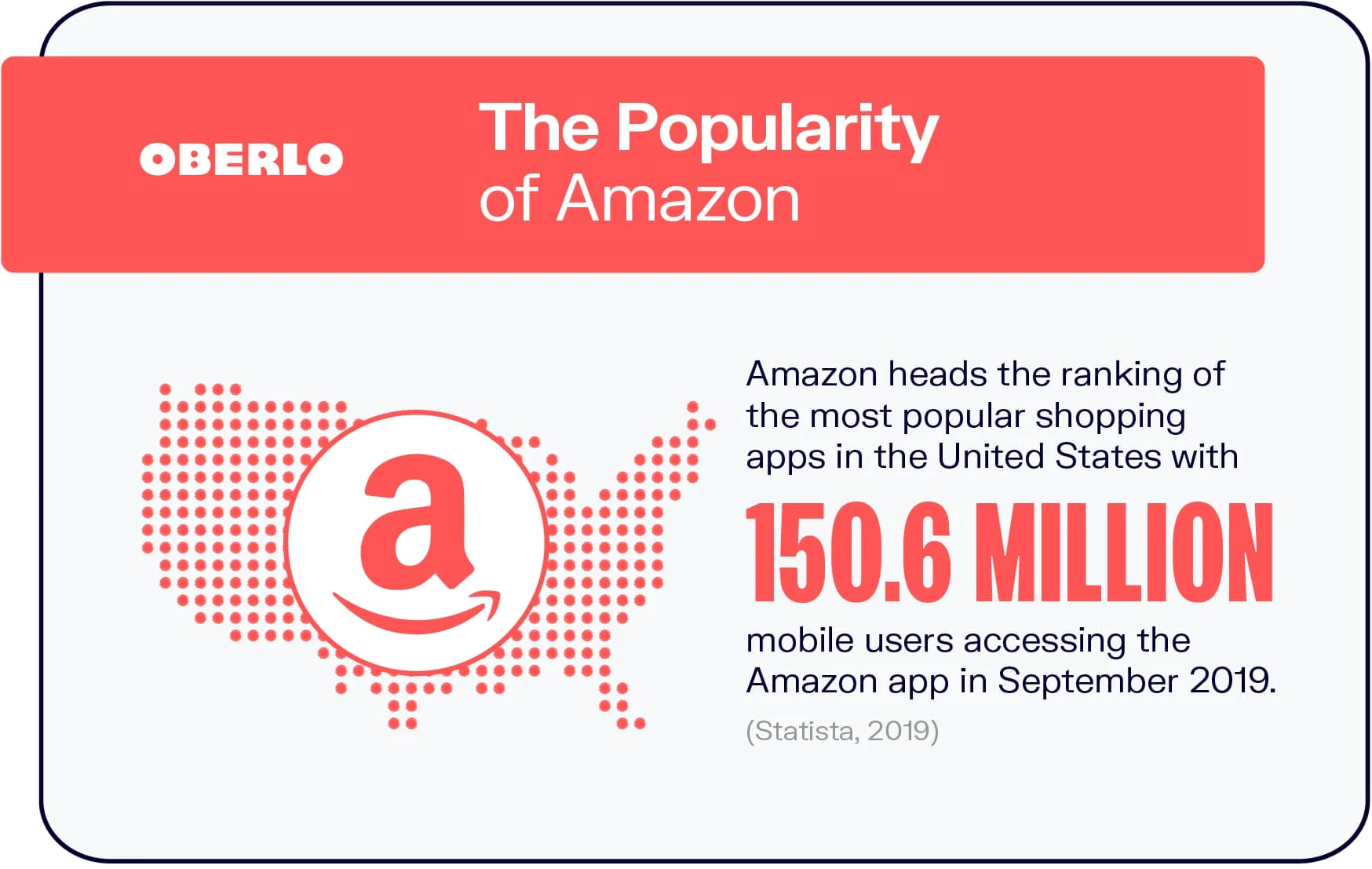
While it does incur extra fees, it is not as expensive as B2B wholesale or private label selling via your own website.
Private label selling via Amazon may be the most profitable ecommerce business model for you if:
- You have a solid brand concept that you are hoping to expand.
- You are willing to make a moderate investment upfront.
- You are planning to sell mid-range products (Amazon FBA is not the best option for high or low-cost products).
Private Label Via Your Own Website
Using your own online store to sell your products is ideal for businesses who have long-term goals of establishing themselves as an independent brand. This model allows for full control over website design, branding, pricing, production, marketing and sales, making it extremely popular for entrepreneurs.
However, while this is a highly profitable business model, it is also incredibly high-risk for businesses with little ecommerce knowledge. To maximise profit potential, choosing the right ecommerce software for your business is essential, as is having a solid brand concept and being highly intuitive to your customer’s needs.
Private label selling via your own website may be the most profitable ecommerce business model for you if:
- You have digital marketing experience and enterprise-level SEO skills.
- You have a solid brand concept.
- You are willing to make a large investment upfront.
Subscription
With 15% of online shoppers signed up for a subscription box – and 35% of them signed up for three or more – now has never been a better time to start a profitable subscription service business.
Identifying a product that customers need/want on a regular basis and offering it to them via a monthly subscription fee can secure you a steady income from loyal customers. From meal-kits and make-up boxes, to craft beer and survival kits, the possibilities are endless.
The curated subscription model (selling personalized variety boxes) is the most lucrative to date, making up a whopping 55% of all subscriptions.
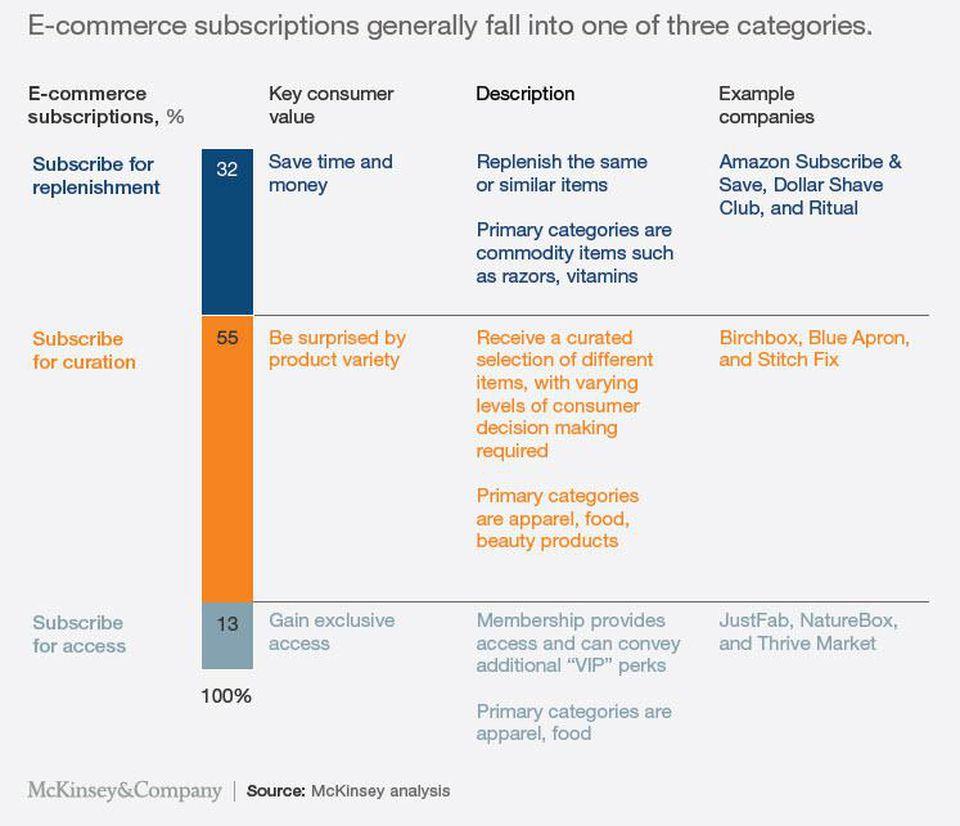
However, there is a lot of work that goes into launching a subscription box business and it isn’t suitable for every product. The market calls for new and innovative ideas, consistently high-quality products and regular incentive to buy.
Subscription may be the most profitable ecommerce business model for you if:
- You have significant investment to buy in bulk.
- Your product fits into a replenishment, curation or access category.
- You are capable of building strong customer relationships (the subscription model often involves more customer interaction than other models as you are supporting customers throughout their subscription lifecycle.
So, What Model Should You Choose?
Now that you know how to choose the most profitable ecommerce business model for you, it’s time to ask yourself some very important questions.
Once you’ve tied in your answers with all the different business models, your most suitable model should become clearer.
- Who is my target audience?
- How much am I able to invest upfront?
- Am I a single product or multiple product business?
- Do I want to be responsible for inventory management and costs?
- What level of ecommerce experience do I have?
Remember, it’s normal for businesses to change as they adapt and scale. Many rising businesses end up using a hybrid model, not only to increase their buying pool but in a response to customer preferences.
By using a CRM system for market segmentation, businesses can gather useful information like customer demographics, purchasing patterns, engagement levels and preferences, helping them to adapt their business to the habits of loyal customers.
So, whether you’re dead-set on one business model or are torn between two, laying a strong foundation now will allow your business to flourish in the long-term, increasing your chances of profitable success even if you do decide to switch things up later on.
Digital & Social Articles on Business 2 Community
(75)
Report Post